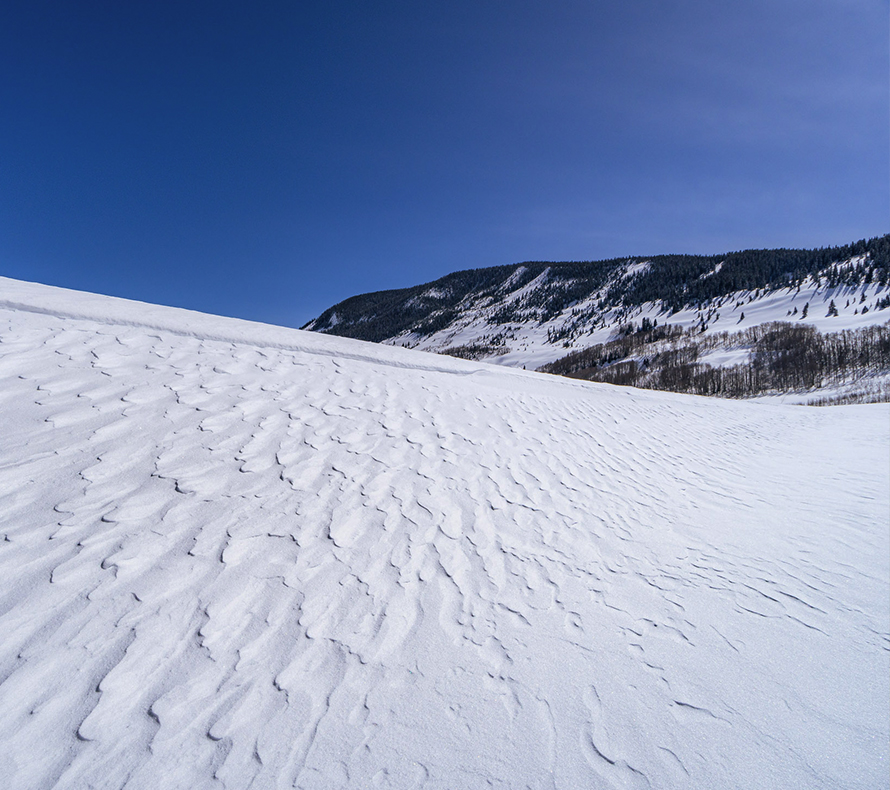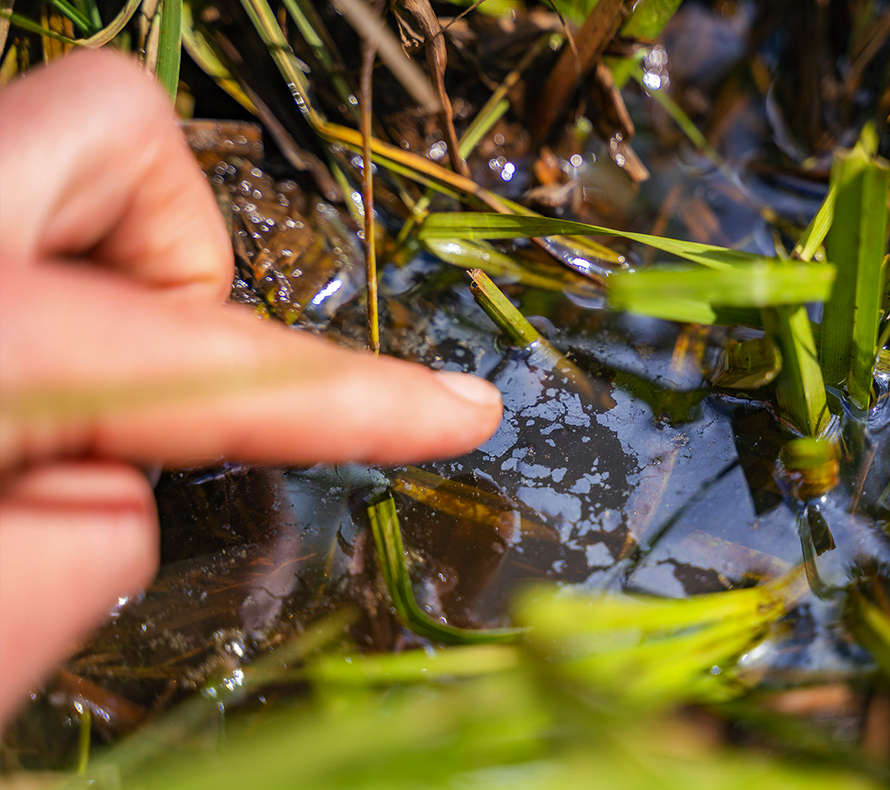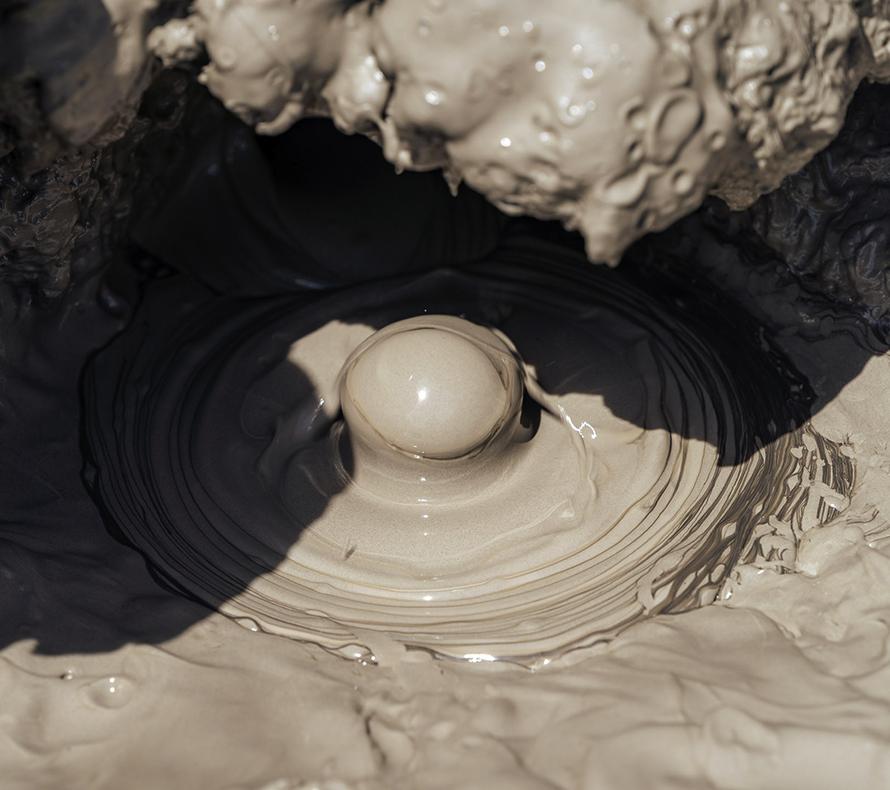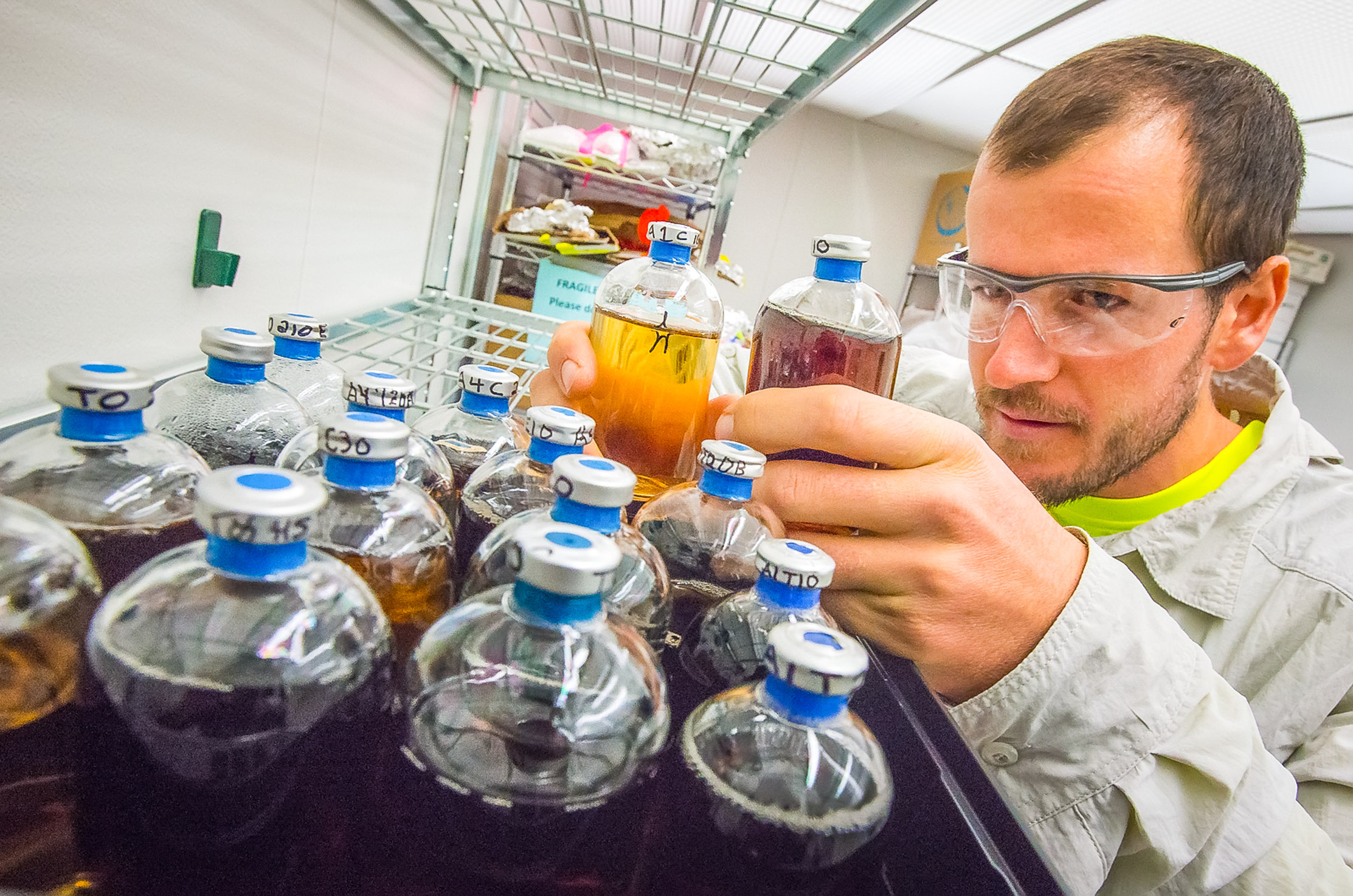
The Climate Sciences Department’s research capabilities lie in three areas: (1) modeling climate change and climate change solutions; (2) simulating clouds, rain, and the water cycle; (3) measuring and modeling the terrestrial carbon cycle.

The Ecology Department’s scientists and engineers provide biogeochemistry, microbial ecology, and environmental engineering expertise within EESA, and develop technologies to address challenges related to environment, energy, and health.

The Geochemistry Department has expertise in isotopic geochemistry, reactive transport modeling, molecular and nanogeochemistry, as well as high-temperature geochemistry, biogeochemical cycling, and water quality.

The Geophysics Department is organized into five scientific core capabilities to advance the science for extracting subsurface properties and process-related information from geophysical, geomechanical, fluid-flow, and satellite data.

The Hydrogeology Department has expertise in theoretical, experimental, field, and modeling approaches in research areas including: advanced modeling; reservoir engineering; vadose-zone and fracture hydrology; contaminant hydrology; and coupled nonisothermal, geochemical, and geomechanical processes.


